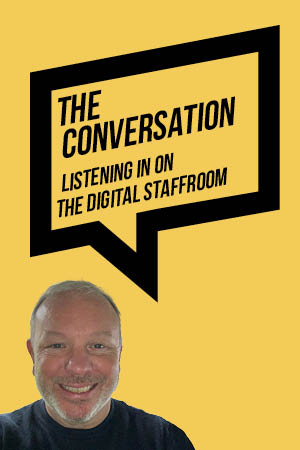Publisher
John Catt Educational
ISBN 10
1398387444
Published
6 Oct 2023
As a teacher, the phrase that has haunted my dreams is ‘making a difference’. I say haunted, because the horror of it is how dispiritingly robust the inequalities in education are. The ‘disadvantage gap’ is persistent and durable throughout decades of educational reform – and throughout the myriad variations of educational policy the world over.
One of the many sharp vignettes in this excellent book is the grim inability of Nicola Sturgeon’s SNP to shift the dial in Scottish education, and the sharp decline in rhetoric from wishing to “eradicate” the gap as part of a “defining mission” in 2015 to the concession eight years later that this was in fact “exceptionally difficult, if not impossible”.
But to state the starkness of the problem is not the same as admitting defeat. The joy of teaching is that you do sometimes win out. We all hold those victories close: those students who made it against the odds, those moments where possibility opens up in new and exciting ways. And in Equity in Education, Lee Elliot Major and Emily Briant have written a bold statement of the need to make that battle for equity central to our practice In the classroom, as well as in the way we lead and manage our schools and trusts.
Central to this is the way that Elliot Major (a key figure in the study and promotion of equality of opportunity in education both through leading the Sutton Trust and in his role as professor of social mobility at Exeter university) and Briant (a teacher, educational researcher and leader on sociocultural and economic disadvantage in school) make a persuasive case for steering a middle course between two unhelpful but understandable positions.
At one extreme, there are those who say that schools cannot possibly compensate for the impact of wider society on children, while at the other we are told that any accounting for the impact of deprivation on education is simply “the soft bigotry of low expectations”.
The theoretical and the practical are held in well-judged balance
Quite rightly though, the authors plant their flag in the “messier in-between”. They don’t claim to have a magic bullet, but as they point out, the way disadvantage was magnified by the period of education disrupted by pandemic lockdowns illustrates perfectly the difference between imperfectly battling for equity within school and surrendering children entirely to the vast differentials of the home environment.
So what do we do?
The book is helpfully broken down into an introductory overview, followed by two more practical sections containing specific advice. One is aimed at the classroom teacher and the other at school leaders. That in itself is a marker of the authors’ thoughtful approach. The theoretical and the practical are held in well-judged balance, and the attention to what you can do at all stages of your career is refreshing.
Elliot-Major has form in writing concise and well-directed practical advice garnered from a detailed understanding of the research. After all, he was a co-author (with Steve Higgins) of the Teaching and Learning Toolkit, which he followed up with What Works. Like those, Equity in Education comes with neatly digested tips and a central basic thread of four principles: equity not equality, capacity not deficit thinking, deep not shallow relationships, and multiple not singular talents.
Briant’s classroom experience also comes through strongly, particularly in her description of the daunting first years of a teacher’s working life and her positive assertions of the impact you can have as an early-career teacher.
The final section, looking beyond the UK to some of the approaches across the world, is an immensely useful brief guide to the deep complexity of the challenge. It alerts us to the ways in which time and again what seems like an answer proves to be contingent upon the circumstances of the society that surround it.
But we cannot give up, because in an imperfect world any shift towards equity in education is a major victory – and the best possible way of making a difference.








Your thoughts